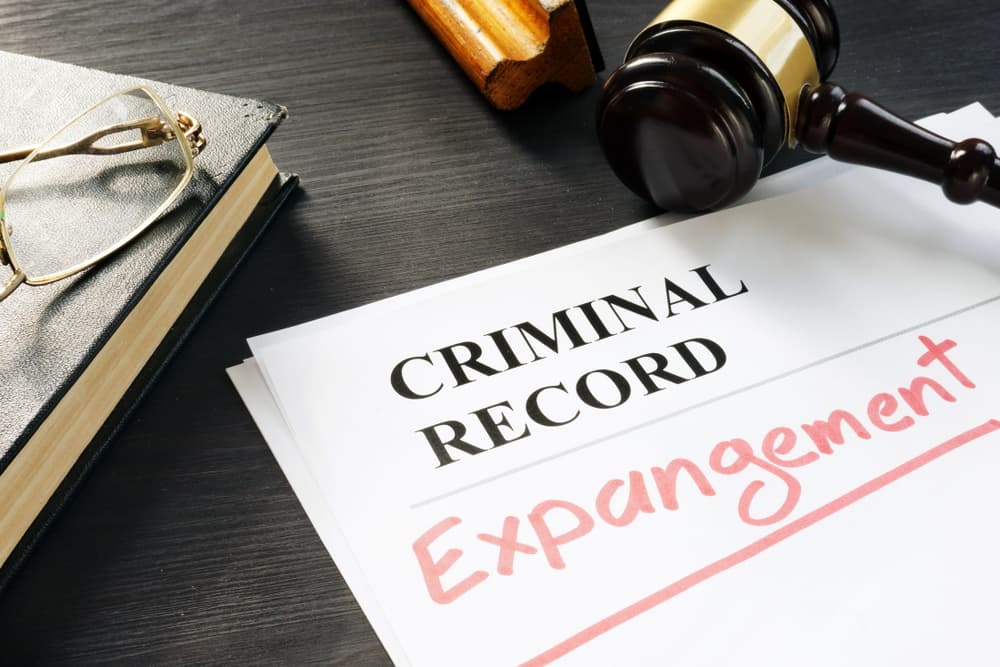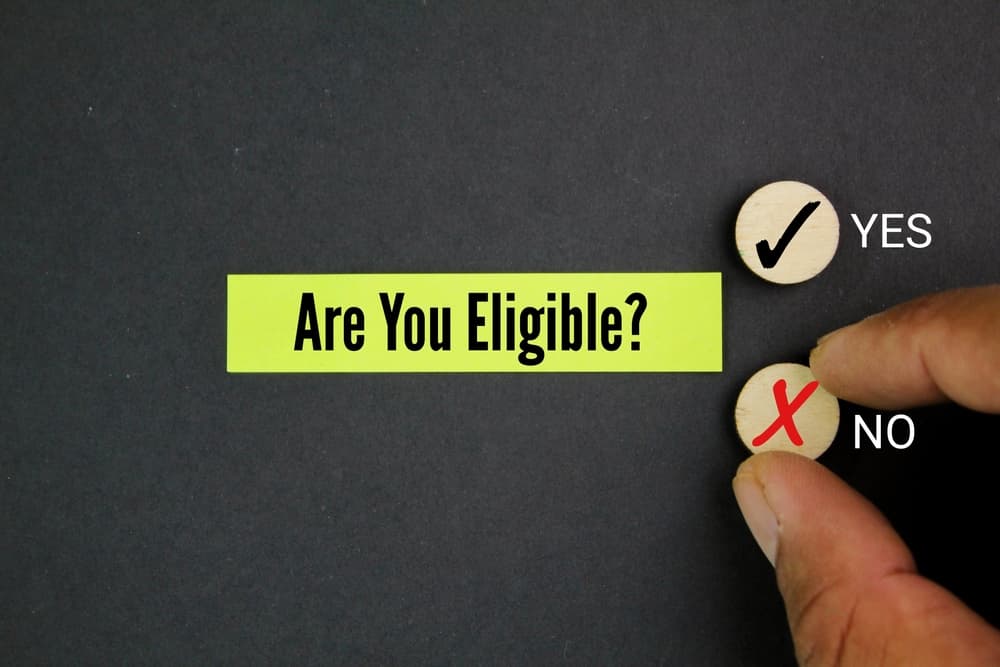In Texas, expunction plays a significant role in the criminal justice system and can significantly impact an individual's life. But what does expunction mean, and how does it work in the Lone Star State?
Continue reading below to learn more about the ins and outs of expunction in Texas, its benefits, eligibility requirements, and the process involved. An experienced expunction lawyer in San Angelo can also help.
Understanding Expunction: What You Need to Know

Expunction, also known as expungement in some jurisdictions, is a legal process that allows people to clear their criminal records of certain arrests, charges, or convictions.
Chapter 55 of the Texas Code of Criminal Procedure governs expunction. Expunction gives people a fresh start by removing eligible offenses from their criminal records as if they never occurred.
Expunction removes all information related to the arrest, charge, or conviction from public and official documents. This includes records from law enforcement agencies, courts, and other government entities. Once an expunction is granted, the individual can legally state that the expunged offense never happened, even under oath.
Benefits of Expunction
The benefits of expunction in Texas are numerous and can have a profound impact on a person's life:
- Employment opportunities: Many employers conduct background checks, and a clean record can significantly improve job prospects.
- Improved housing options: Landlords often run background checks on potential tenants, and an expunged record can make it easier to secure housing.
- Better educational prospects: Some educational institutions and scholarship programs consider criminal records in their admissions or selection process.
- Restored rights: Expunction can help fix certain rights that may have been affected by a criminal record, such as the right to obtain professional licenses.
- Peace of mind: Knowing that a past mistake has been legally erased can provide significant emotional relief and closure.
- Improved social standing: A clean record can help individuals avoid stigma and discrimination in their personal and professional lives.
Eligibility for Expunction in Texas

Not all criminal records qualify for expunction in Texas. The state has specific criteria an individual must meet to qualify for this process.
Generally, Texas allows expunction for:
- Arrests that did not lead to charges: If you were arrested but never formally charged with a crime, you may be eligible for expunction.
- Charges dismissed: If criminal charges against you were dismissed, you might qualify for expunction, although there may be a waiting period.
- Acquittals: If you were tried for a crime and found not guilty, you are typically eligible for immediate expunction.
- Pardons: If you received a pardon from the Governor of Texas or the President of the United States, you may qualify for expunction.
- Identity theft: If someone else used your identity to commit a crime, resulting in your arrest or charge, you may be eligible for expunction.
- Juvenile offenses: Certain offenses may be eligible for expunction, mainly if you've completed a particular program or met specific criteria.
- Convictions for certain misdemeanors: Some Class C misdemeanor convictions may be eligible for expunction in limited circumstances.
Felony and most misdemeanor convictions generally do not qualify for expunction in Texas. Additionally, depending on the circumstances of the case, specific waiting periods and other requirements must be met.
The Expunction Process in Texas
The process of obtaining an expunction in Texas typically involves:
- Determine eligibility: The first step is to assess whether your criminal record qualifies for expunction under Texas law. This often requires a thorough review of your case and criminal history.
- File a petition: If you qualify, you or your attorney must file a petition for expunction with the appropriate court. This petition must include specific information about the offense and why you qualify for expunction.
- Pay filing fees: You may need to pay court fees when filing an expunction petition. In some cases, you may be able to request a waiver if you cannot afford the payments.
- Serve notice: The petition must be served to all relevant parties, including law enforcement agencies and prosecutors involved in your case.
- Attend a hearing: In many cases, a hearing will be scheduled where a judge will review your petition and decide. You or your attorney may need to present arguments supporting your request for expunction.
- Obtain the expunction order: If the judge grants your petition, an expunction order will be issued. This order directs all relevant agencies to destroy or return records related to the expunged offense.
- Follow up: It's crucial to ensure that all agencies comply with the expunction order and that your records are actually cleared.
Common Misconceptions About Expunction
Several misconceptions about expunction are worth addressing:
- Automatic expunction: Contrary to popular belief, expunction is not an automatic process. Even if you qualify, you must initiate the expunction process.
- Not all offenses are eligible: As mentioned earlier, Texas will not expunge all criminal records. You need a lawyer who understands the specific eligibility criteria.
- Immediate effect: The expunction process can take several months to complete, and it may take additional time for all records to be cleared from various databases.
- Complete erasure: While expunction removes records from public access, some law enforcement agencies may retain records for limited purposes, such as in the event of future legal proceedings.
- Federal records: State expunction orders generally do not apply to federal records or records held by agencies in other states.
The Importance of Legal Assistance
The expunction process in Texas can be challenging, and the stakes are high. A single mistake in the petition or procedure can result in a denial of your request.
That's why it's often advisable to seek the assistance of an experienced attorney who handles expunction and criminal record clearing. An attorney can:
- Accurately assess your eligibility for expunction
- Gather all necessary documentation
- Prepare and file the petition correctly
- Represent you at the expunction hearing
- Ensure compliance with the expunction order
At the Law Offices of David M. White, we have experience helping clients clear their criminal records through expunction. We understand the nuances of Texas expunction law and can guide you through each step of the process.
Contact Law Offices of David M. White to Discuss How to Get Your Record Expunged
Expunction in Texas allows eligible people to clear their records and move forward with their lives unburdened by past mistakes. The benefits of a clean record touch nearly every aspect of one's personal and professional life.
If you believe you qualify for an expunction or have questions about clearing your record in Texas, don't hesitate to seek professional legal advice.
Criminal defense attorney at the Law Offices of David M. White, we're committed to helping our clients with the expunction process and achieve the fresh start they deserve. Contact us today for a free consultation.
